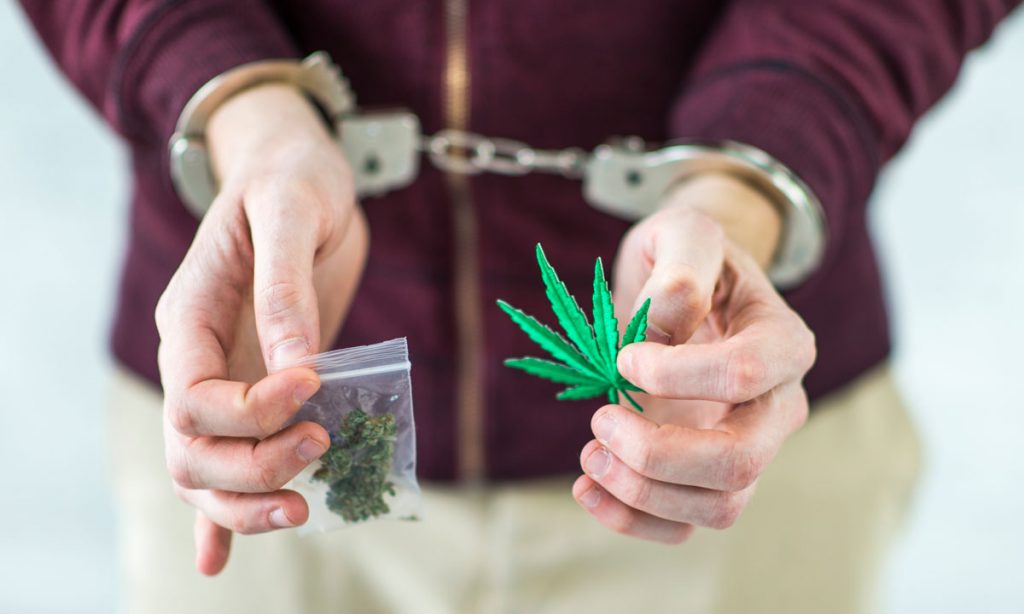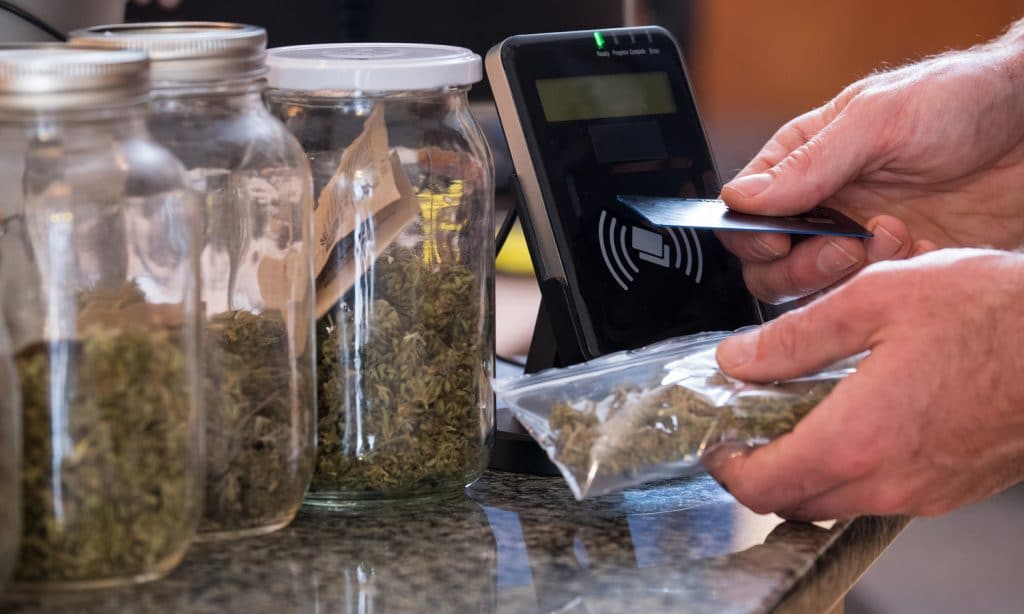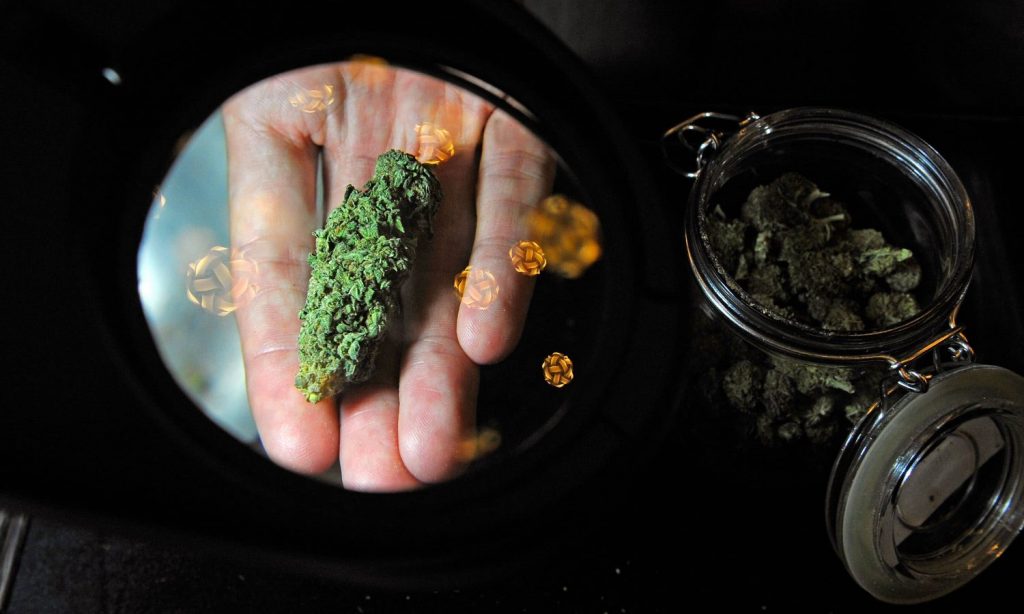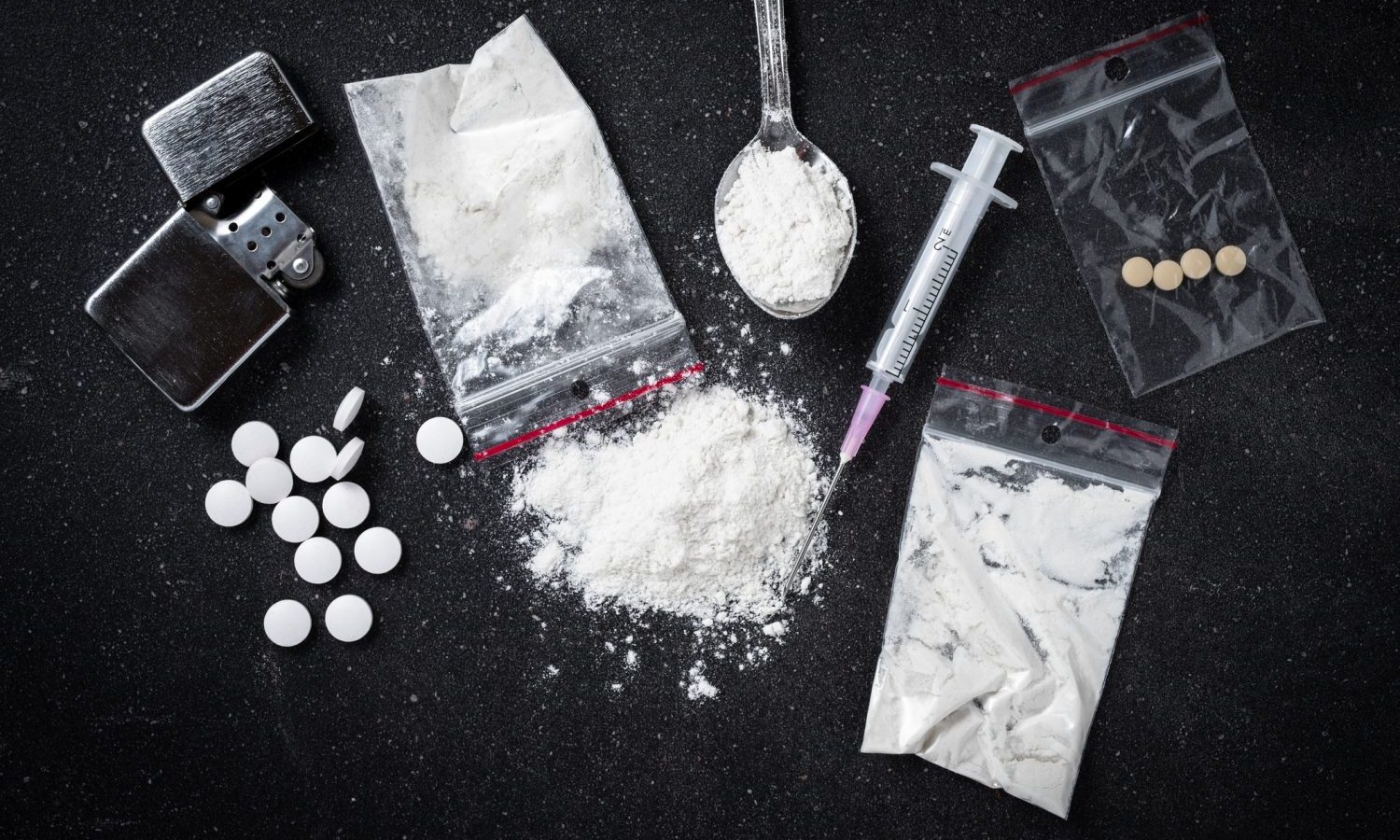Allowing drugs like cocaine, heroin and meth to be produced and sold legally would create an inevitable financial boon for state and local governments. But that doesn’t mean it’s the smart move.
It’s hard in this day and age not to support the legalization of marijuana. In fact, most do. The latest Quinnipiac poll shows that 69% of Americans believe the herb should be given a spot on the ranks of legitimate commerce, just like alcohol and tobacco.
They’ve heard the tales about how cannabis has therapeutic benefits, it’s safer than alcohol, it creates tens of thousands of new jobs and provides a huge boon to struggling economies. Now they’re learning about social justice, and how part of eliminating racism in the United States is through cannabis reform. After all, cannabis wouldn’t have been outlawed in the first place if not for a frightened nation of bigots. Failing to support the legalization of cannabis in 2021 means, well, that you might not be a good person. And nobody wants that label. They’re all scared the cancel culture will come for them next.
So it’s full steam ahead for legal weed. The Democratic-controlled Congress is even talking about trying to push a bill through this year that will legalize the leaf nationwide. If that happens, more states could pass similar laws, giving way to the likelihood that marijuana, a plant that has been mostly associated with the downtrodden of society, will be grown and sold legitimately. This is what cannabis advocates have been fighting for since the early days of High Times Magazine. But there are still enough naysayers out there that think this legalization business is a bad idea. They believe the nation has been scammed into believing that weed is safe, and they are convinced that the efforts to eliminate prohibition in the US aren’t going to stop there.
RELATED: Federal Marijuana Legalization Could Mimic End Of Alcohol Prohibition
“This has been a very, very savvy and coordinated campaign,” former New York Times reporter and award-winning novelist Alex Berenson told Fox Nation’s Tucker Carlson Today. “Not just about cannabis but really about all illegal drugs, that’s been going on for 25 years now that has won. It has won on cannabis and they are pushing psychedelics.”
If you recognize Berenson’s name, it’s because he published a controversial book entitled Tell Your Children: The Truth About Marijuana, Mental Illness, And Violence, which critics called a “brilliant antidote to all the false narrative about pot.” The book suggests that the nation would be better to support decriminalization as opposed to legalization, since it does away with the arrests and incarcerations without creating a huge market for retail sales. “For the marijuana lobby, which now includes for-profit companies, decriminalization isn’t a satisfactory compromise. Advocates want cannabis on equal footing with alcohol and tobacco,” the book reads.

Cannabis advocates have called Berenson’s document “Reefer Madness,” but is it really? He’s not wrong: marijuana is winning and now advocates are making the same moves with respect to psychedelics. That’s all true. Last year, Oregon became the first state to legalize psychedelic mushrooms. While I’m not personally against it, rest assured, more states are going to pursue similar changes to their drug laws in the near future. Berenson is also correct about how the cannabis community is gunning for full-blown legalization, as opposed to decriminalization.
Sure, they’ll wholeheartedly support policies that call for eliminating criminal penalties — a win is a win — but they will not stop until full legalization is realized. All one has to do is look at the course of marijuana legalization to see this is true. Nearly every state that has legalized weed for adults 21 and over started out with a “medical marijuana” program. The pro-cannabis narrative usually begins with “compassionate use” for the seriously ill and then transforms into a spiel about legalizing weed like alcohol. Yet, if the real objective of the national drug advocacy groups is putting a stop to the hundreds of thousands of marijuana-related arrests every year and freeing drug offenders, then decriminalization and expungement policies should be sufficient. And it works.
After all, if you look at Portugal, a country that decriminalized the possession of ALL illegal drugs nearly 20 years ago, they no longer have issues with prison overcrowding due to drug offenses. They also don’t have a legal means for users to buy drugs and government officials are not even entertaining the notion. The result is one of the most respected and talked about drug reform actions in history. Portugal now experiences fewer drug overdoses, more people are seeking treatment, AIDS cases are lower and above all else, nobody is going to jail for drugs. It works.
But the United States isn’t going in that direction.

Nope, we will soon live in a world where marijuana dispensaries are as common as liquor stores and pharmacies. In many states, that is already the reality. Once the federal government lifts its ban on cannabis, however, watch out! More states will follow the path of pot reform and the cannabis industry will continue to grow into a mighty force to be reckoned with. Bet on it. Still, echoing Berenson’s predictions, other drug warriors believe that legalization efforts won’t end with pot.
RELATED: Biden’s Anti-Marijuana Stance Is Perfect For America Right Now
“If you think legalization ends with marijuana, I have a bridge (and a bunch of coke) to sell you,” Kevin Sabet, PhD, President of Smart Approaches to Marijuana and author of the upcoming book Smokescreen: What The Marijuana Industry Doesn’t Want You To Know, wrote in a recent Tweet.
Sabet’s message was in response to a Twitter thread showing how the Drug User Liberation Front, a Canadian drug reform organization, has been handing out complimentary heroin, cocaine and meth in Vancouver. They are doing this because the drugs have been tested for fentanyl and other harsh cutting agents that can prove fatal for drug users and are therefore safer than the stuff found on the black market. It’s a campaign that could arguably save some lives.
While an admirable charge, Sabet believes that campaigns like the Liberation Front and the American legalization trend could collide, working together to establish taxed and regulated markets for hard drugs like cocaine and heroin. It’s not a stretch. After all, a lot of the same arguments in favor of marijuana legalization (and psychedelics) could work for these substances as well. We could soon hear advocates giving America a sales pitch such as:
“Drugs like cocaine, heroin and meth purchased on the legitimate market would be safer (and there would be fewer overdoses) because of government oversight; legal drugs would help chip away at the black market and eliminate violence; these substances would be harder for kids to get their hands on. And… just think about all of the tax revenue the United States could generate with a fully legal cocaine market. “
Well, duh!

The legalization of any feel-good substance in the United States is bound to become the next billion dollar industry. Right now, the illicit drug market in the US is worth in upwards of $150 billion. It would grow immensely, too, once the population was led to believe that it is socially acceptable to use hard drugs in a manner similar to beer. Don’t laugh, that’s precisely what years of cannabis advocacy has done for marijuana. Now, it’s on the fringe of being normalized. So, sure, allowing drugs like cocaine, heroin and meth to be produced and sold legally would create an inevitable financial boon for state and local governments. But that doesn’t mean it’s the smart move.
RELATED: How Prohibitionist Ideology Has Wrecked The Republican Party And Undermined Democracy
Decriminalizing these drugs, though, is something the country should think about. It would ensure that no one ends up with a criminal record or spending years in prison because of minor drug offenses. It also wouldn’t encourage more Americans to use drugs. But then again, there is the question of personal freedom. Some argue that it’s unconstitutional for Uncle Sam to tell the people what they can or cannot put into their bodies. Perhaps it’s time the country adopts a live-and-let-live philosophy, and let intelligence, education and overall common sense sort it all out. That’s what the US has done with booze – a substance that kills 95,000 Americans every year.
The question is: Where’s the line? So far, marijuana legalization hasn’t shown any hard signs of contributing to the degradation of society. Of course, there is conflicting evidence out there, and depending on which side you stand, you can argue for or against it ad nauseam. But how far is the United States willing to go with the legalization of drugs? Will it stop at marijuana? Psilocybin? Or is Sabet right, and we’re headed for a time when there will be a convincing argument being made for why America would be better off with legal meth. Where do we go from here?


